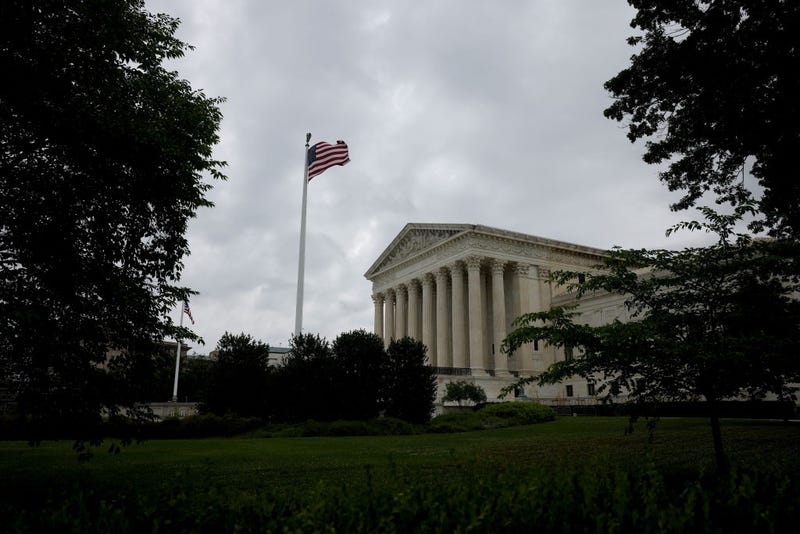
The U.S. Supreme Court announced its decision to invalidate a California regulation that required agricultural employers to allow union organizers onto their property to speak with workers Wednesday morning.
The SCOTUS decision said the regulation violates the 5th Amendment, which relates to illegal seizure, or unconstitutional taking.
In 1975, California enacted the Agricultural Labor Relations Act, which created the Agricultural Labor Relations Board, which granted labor organizations a "right to take access" to an agricultural employer’s property in order to solicit support for unionization. The regulation mandated that agricultural employers allow union organizers onto their property for up to three hours per day, 120 days per year.
The recent suit involved organizers from the United Farm Workers, who wanted to meet with workers of two California growers — Cedar Point Nursery and Fowler Packing Company.
Cedar Point Nursery, an Oregon corporation, operates a strawberry nursery in Dorris, California. That location employs around 100 full-time workers and more than 400 seasonal workers. On October 29, 2015, organizers from the United Farm Workers union arrived at the nursery, without providing prior written notice to the nursery, which is required by the regulation.
The union members allegedly disrupted the workers.
In the Supreme Court case, the plaintiff argued that the union's presence on the private farm amounted to an unconstitutional taking under the Fifth Amendment. In a 6-3 decision the justices agreed, reversing a lower court ruling that had sided with the defendants, which include California Labor Relations Board chair Victoria Hassid.
"Unlike a mere trespass, the regulation grants a formal entitlement to physically invade the growers' land. Unlike a law enforcement search, no traditional background principle of property law requires the growers to admit union organizers onto their premises. And unlike standard health and safety inspections, the access regulation is not germane to any benefit provided to agricultural employers or any risk posed to the public," wrote Chief Justice Roberts in his opinion on the decision.

